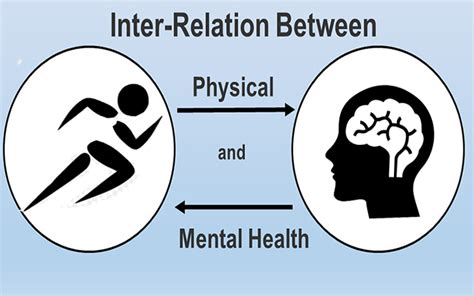The Link Between Physical Activity and Mental Health

Physical activity is often associated with physical benefits like improved cardiovascular health, stronger muscles, and better endurance. However, its positive effects on mental health are equally profound and increasingly recognized by experts. From reducing stress to improving mood and boosting cognitive function, regular exercise offers a wide range of mental health benefits. Let’s delve into the connection between physical activity and mental well-being.
Reducing Stress and Anxiety
One of the most immediate benefits of exercise is its ability to reduce stress and anxiety. When you engage in physical activity, your body releases endorphins—natural chemicals that act as mood lifters. Additionally, exercise can reduce levels of the body’s stress hormones, such as cortisol, helping to alleviate the tension that can lead to anxiety.
How It Works:
- Physical activity diverts attention away from stressors, providing a mental break.
- Exercise encourages deep breathing, which activates the body’s relaxation response.
- Endorphins improve mood, creating a sense of calm and well-being.
Improving Mood and Combating Depression
Regular exercise has been shown to be an effective tool in managing depression. It stimulates the production of neurotransmitters like serotonin and dopamine, which are associated with improved mood. Studies have shown that even a moderate amount of exercise, such as a brisk walk or a light jog, can have a significant impact on symptoms of depression.
How It Works:
- Exercise promotes neurogenesis, the formation of new brain cells, particularly in areas that regulate mood and emotions.
- It helps to improve sleep quality, which is often disrupted in people with depression.
- Exercise encourages social interaction when done in group settings, reducing feelings of isolation.
Enhancing Cognitive Function
Physical activity has been linked to improved cognitive function and a lower risk of cognitive decline. Exercise increases blood flow to the brain, promoting the growth of new neurons and enhancing memory, concentration, and overall brain health. This is particularly important as we age, as regular physical activity can help prevent conditions like dementia and Alzheimer’s.
How It Works:
- Increased blood flow enhances brain plasticity, the brain’s ability to form new connections.
- Exercise improves focus, attention, and the ability to process information quickly.
- It reduces the risk of age-related cognitive decline and neurodegenerative diseases.
Building Self-Esteem and Confidence
Regular physical activity can boost self-esteem by improving physical health, appearance, and strength. Achieving fitness goals, no matter how small, can create a sense of accomplishment, which translates into higher self-confidence. Furthermore, the physical changes resulting from exercise—such as increased muscle tone or weight loss—can lead to a more positive self-image.
How It Works:
- Accomplishing fitness milestones, such as running a certain distance or lifting heavier weights, boosts self-worth.
- Exercise can help combat body image concerns by improving physical fitness and health.
- As confidence grows in one area, it can spill over into other aspects of life, fostering a positive cycle of well-being.
Improving Sleep Quality
Mental health is deeply tied to sleep, and regular physical activity can significantly improve sleep quality. Exercise helps regulate the sleep-wake cycle and can aid in falling asleep faster, staying asleep longer, and achieving deeper rest. Quality sleep is crucial for emotional regulation, memory consolidation, and cognitive function.
How It Works:
- Exercise increases the production of adenosine, a compound that promotes sleepiness.
- It reduces symptoms of insomnia and sleep disturbances, especially when done in the morning or afternoon.
- Better sleep enhances mood, energy, and cognitive performance the following day.